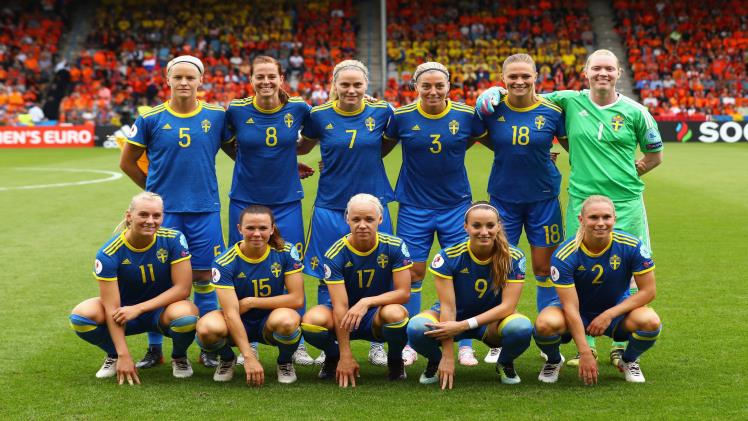Sweden was among the first nations to field a women’s national football team. Now, there are around 100,000 female football players registered.
History
When they first began, it was unusual to have a female squad. It was in the 1960s. The swedish national team won the inaugural UEFA Women’s EURO in 1984, and they have dominated the sport ever since – not least by making it to the finals of the 2003 FIFA Women’s World Cup and the 2016 and 2020 Women’s Olympic Football Tournaments.
Sweden’s Damallsvenskan set the bar for other European leagues to follow, and Ume enjoyed success in the early stages of the UEFA Women’s Cup.
Before the Algarve Cup, the vegamovies Swedish women’s football team unveiled their new jerseys, which carried rich statements supporting women’s emancipation on the back instead of player names.
The group, which placed second at the Rio 2016 Olympics, worked with the Swedish Football Association on the initiative in the hopes that it inspires – and pushes swedish national team to show that all is possible.
All-time hero
Numerous athletes have made significant contributions to the women’s game in Sweden, including Lotta Schelin, Victoria Sandell Svensson, Pia Sundhage, and Hanna Ljungberg, to name a few. The squad member who sticks out above the rest is Caroline Seger, who is still on it. She played in more than 220 games for Sweden, making her the player with the most caps overall, whether she was a man or a woman, in 2021.
To continue her remarkable career – she endured the tragedy of missing a crucial penalty against Canada in the Olympic final. In March 2005, she made her debut in Sweden. She has exerted an enormous impact both on and off the field. She fought and prevailed – in the fight for equal pay for the men’s and women’s national teams (bonuses from major finals are still not included, however).
Women’s football pioneer
The plain facts of Pia Sundhage’s career digitalnewshour speak volumes: she won the Women’s EURO final in 1984 with a winning penalty kick, and she has had tremendous success as a coach, particularly with the United States, Sweden, and currently Brazil.
“It’s been pioneering since I started playing football at age six. You struggle to compete in sporting events like the World Cup and the European Championship. Being a part of women’s football has been a privilege since it has grown from virtually nothing to an interesting sport.”
Star performer
Many players may suit this description, but if we had to choose one, Stina Blackstenius would be the one. She has evolved as a player over the past few years and has been evident on the field. She and Vivianne Miedema formed a standout partnership as the Gunners fought for the WSL title to the very last minute. Blackstenius discussed how her personality has changed on Hela vägen mot mlet (To the goal), Hedvig Lindahl’s podcast. In the end, “I found it uncomfortable to be – a cautious person – and I admired those who saw it odishadiscoms simple to be more outspoken. Although I am still rather introverted, I enjoy the sense of being more outgoing.”

